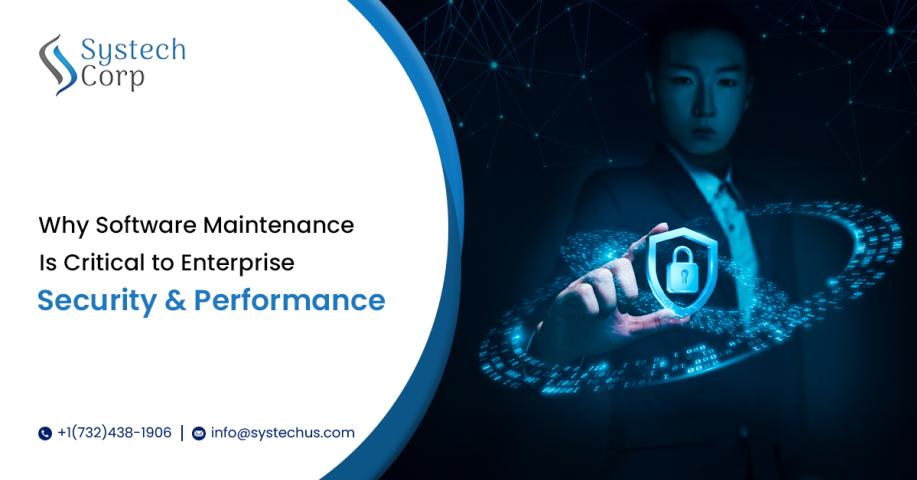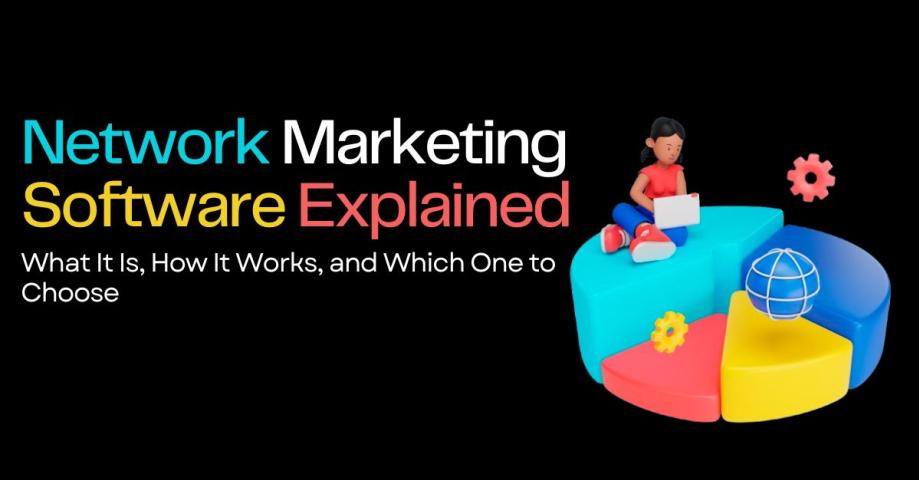In today’s fast-growing digital economy, choosing the right Recharge Software Provider with competitive commission structures is key to success for retailers and distributors. As mobile recharge services become a vital part of everyday life, software providers offer various commission models to motivate agents and partners, helping them maximize earnings while promoting seamless transactions. Understanding these commission structures helps businesses select the best Multi Recharge Software and recharge api provider that aligns with their goals and market needs.
One common commission structure used by recharge software providers is the percentage-based commission. In this model, agents earn a fixed percentage of the recharge amount as commission. For example, if an agent processes a recharge of ₹100 and the commission rate is 2%, they earn ₹2. This model is simple and easy to understand, which makes it popular among retailers. It encourages higher transaction volumes because agents benefit more as they process larger amounts. Percentage-based commissions are often tiered, with higher percentages offered for higher transaction volumes or loyalty, motivating agents to grow their business consistently.
Another widely adopted model is the flat-rate commission, where agents earn a fixed amount per transaction regardless of the recharge value. For instance, an agent may receive ₹1 for every recharge completed, whether it is ₹50 or ₹500. This structure provides predictability and simplicity for agents, especially in markets where recharge values vary widely. Flat-rate commissions work well for small ticket recharges and frequent transactions, giving agents steady income on every sale. However, this model may not fully reward agents handling larger transactions, so some providers combine it with percentage commissions for better balance.
Leading recharge software providers also offer hybrid commission models, combining both percentage-based and flat-rate commissions. This approach allows agents to benefit from a fixed base income plus additional earnings based on transaction amounts. Hybrid models are flexible and can be customized based on agent performance, business size, or geographical location. These models often come with incentives or bonuses when agents reach specific targets or milestones, such as processing a certain number of transactions in a month. Such incentives boost motivation and loyalty, encouraging agents to focus on quality service and customer satisfaction.
Performance-based commissions are another important aspect of recharge software provider offerings. Many platforms reward top-performing agents with higher commission rates, cashback, or bonuses based on their monthly or quarterly achievements. This model fosters healthy competition among agents and drives growth for both the agents and the provider. It also encourages agents to promote value-added services like bill payments, DTH recharge, and money transfers alongside mobile recharge, diversifying their income sources.
Some recharge software providers offer multi-level commission structures, which benefit not only direct agents but also their recruited sub-agents. This network marketing approach allows agents to earn commissions on the transactions made by their downline agents. Multi-level commissions create strong distribution networks and widen the reach of recharge services, especially in rural and semi-urban areas where direct access to software providers is limited. These models reward agents for expanding their network and improving digital payment penetration.
Transparency in commission calculation and timely payments are critical for agent satisfaction. Leading recharge software providers use automated commission tracking tools that display real-time earnings, pending payouts, and transaction history. Such features build trust and help agents manage their finances effectively. Additionally, some providers integrate commission management within their dashboards, allowing agents to withdraw earnings easily via bank transfer, UPI, or mobile wallets.
When selecting a recharge software provider, it is important to consider the overall business support they offer alongside commission models. Features such as detailed reports, easy-to-use interfaces, and prompt customer service enhance agent experience and increase operational efficiency. Providers that offer robust recharge API integration help businesses automate transactions, reducing errors and improving speed, which ultimately benefits both agents and customers.
Security is also an essential factor. Trusted recharge software providers implement strong security measures, ensuring that commissions are calculated accurately without fraud or manipulation. Secure platforms protect agent data and transaction details, building long-term confidence among users.
Technology advancements in recharge software also influence commission structures. Some providers use AI and data analytics to offer personalized commission plans tailored to agent behavior and market trends. This dynamic approach helps optimize revenue streams and encourages sustainable growth for recharge businesses.
In conclusion, partnering with a reliable Multi Recharge Software and recharge api provider that offers transparent, flexible, and rewarding commission structures is essential for thriving in the competitive recharge industry. Understanding various commission models helps agents and distributors maximize their earnings while contributing to the growth of digital payment services across India. With the right software provider, businesses can build strong networks, enhance customer satisfaction, and drive financial inclusion in both urban and rural markets.







